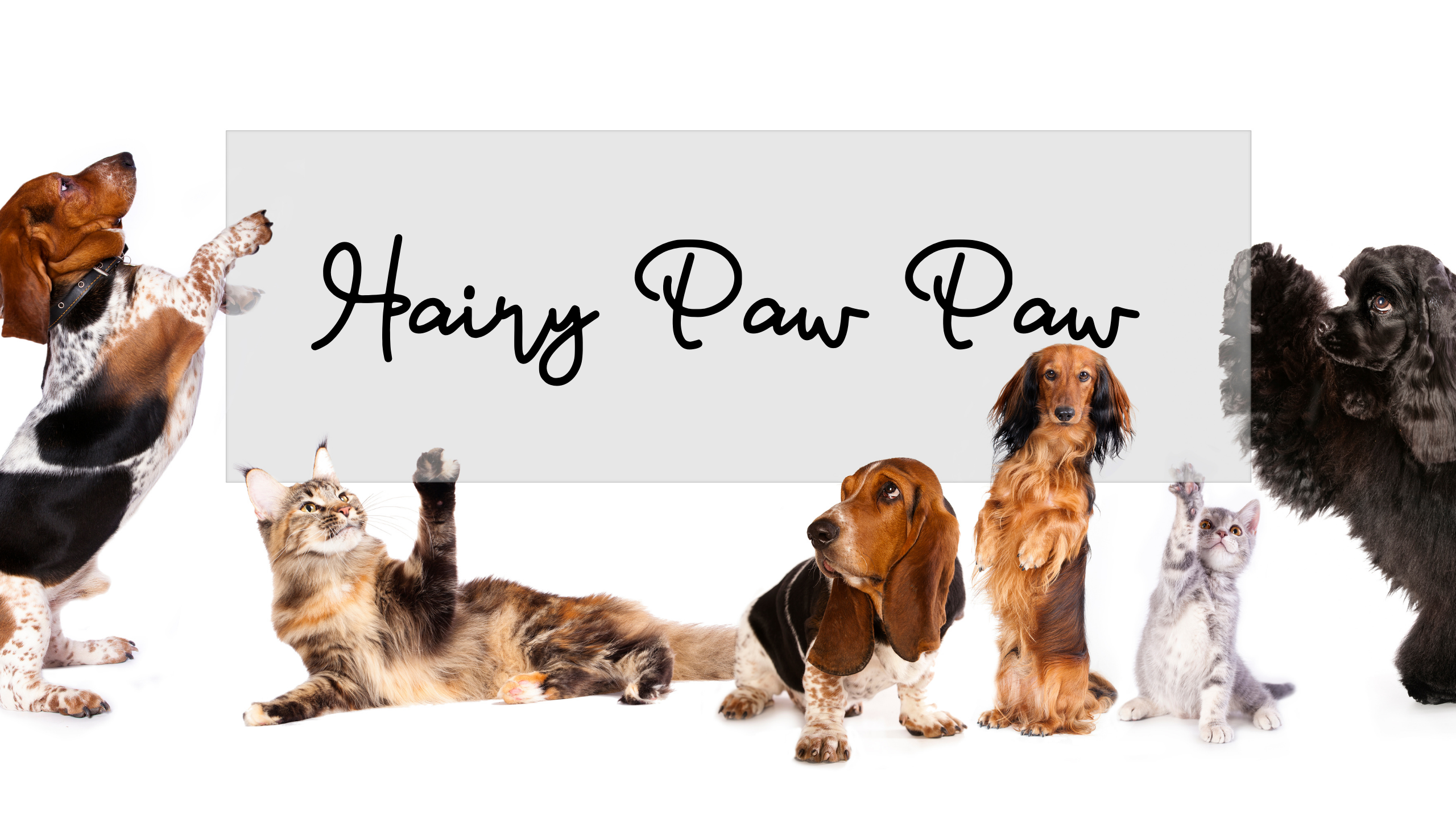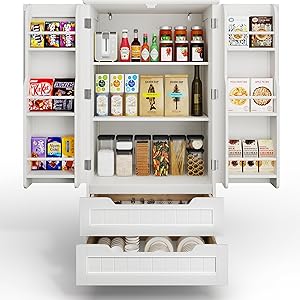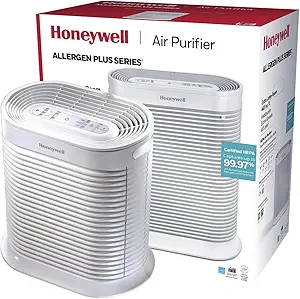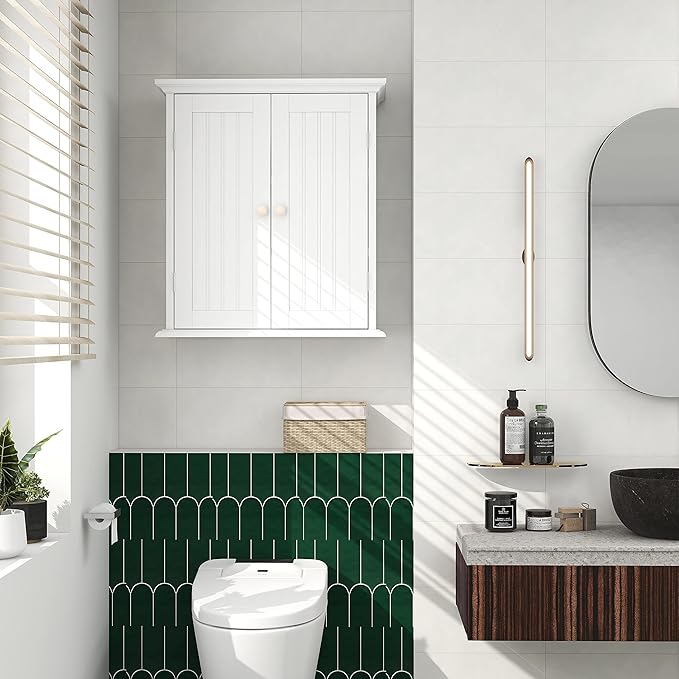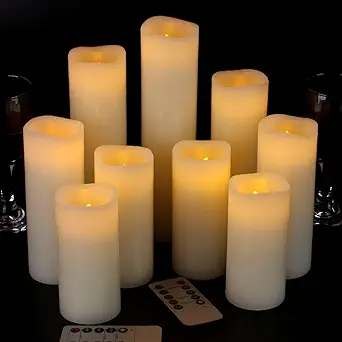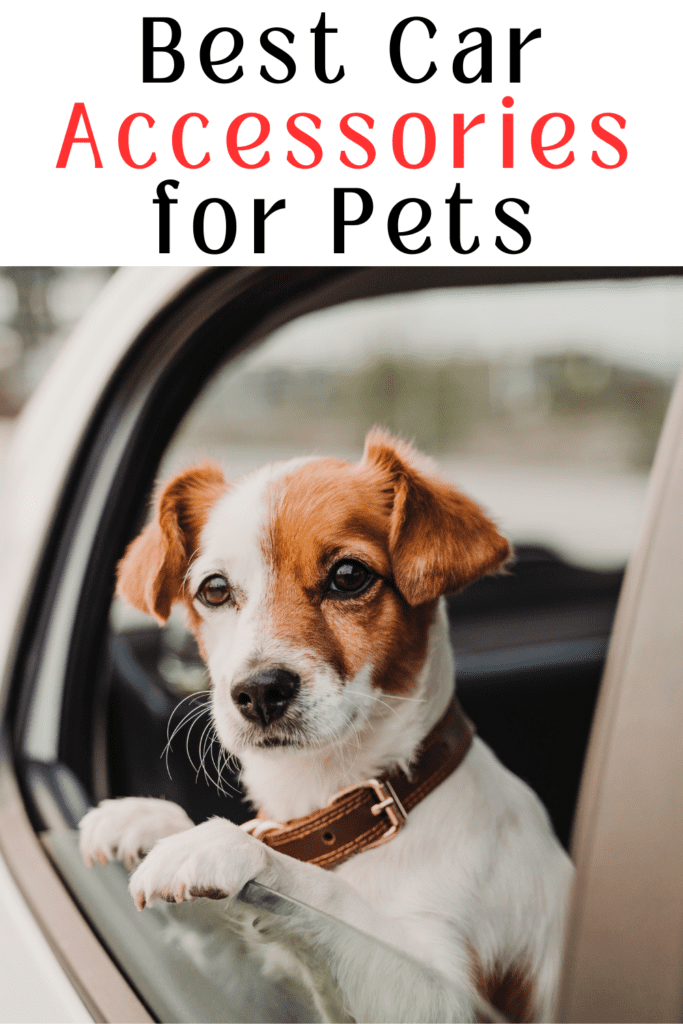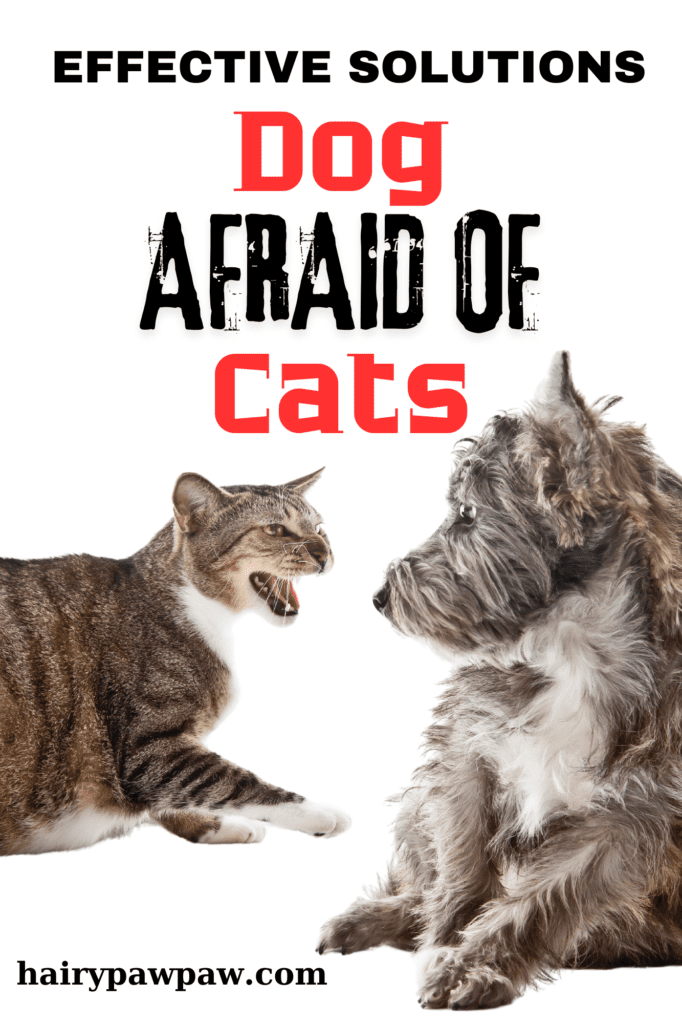Household Hazards for Pets: What You Need to Know
This post may contain affiliate links, which means I’ll receive a commission if you purchase through my link, at NO EXTRA COST TO YOU
As pet owners, we want to create a safe and loving environment for our furry friends. However, many household items and conditions can pose significant risks to their health and well-being. In this blog, we will explore common household hazards, how they can affect your pet, and practical steps to minimize these risks.
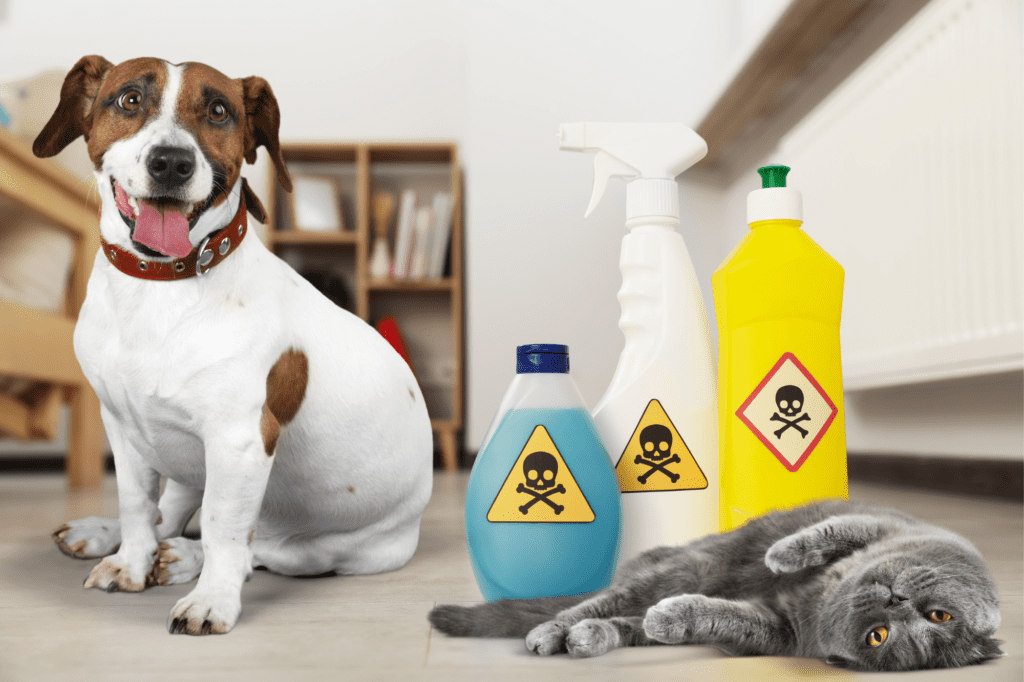
1. Toxic Foods: Avoid These Common Culprits
Many common foods can be toxic to pets, leading to severe health issues. Chocolate, grapes, onions, garlic, and avocados top the list of foods you should never share with your pets. Even small amounts can cause nausea, vomiting, or more severe complications.
What to Do:
- Keep these foods out of reach. Always store food in closed cabinets or containers.
- Educate family and guests about the dangers of sharing food with pets.
2. Household Cleaning Products: Choose Wisely
Cleaning products often contain chemicals that can be harmful or fatal to pets. Bleach, ammonia, and certain detergents are especially dangerous. Even pet-safe cleaning products can cause irritation if ingested or inhaled in high concentrations.
What to Do:
- Opt for natural cleaning solutions whenever possible. Vinegar and baking soda can clean effectively without harmful chemicals.
- Store cleaning products securely in locked cabinets or high shelves.
3. Plants: Beware of Toxic Varieties
Many houseplants are toxic to pets. Lilies, philodendrons, and pothos are just a few examples that can lead to severe health issues if ingested. Symptoms can range from mild gastrointestinal upset to severe organ damage.
What to Do:
- Identify toxic plants in your home and replace them with pet-safe alternatives, such as spider plants or Boston ferns.
- Educate yourself on plant care to ensure you choose non-toxic options in the future.
4. Small Objects: A Choking Hazard
Small household items like buttons, coins, and rubber bands can pose choking hazards or lead to intestinal blockages if swallowed. Puppies and kittens, in particular, are notorious for exploring their environment with their mouths.
What to Do:
- Regularly clean up small items around your home, especially in areas where pets roam.
- Supervise pets during playtime to prevent them from accessing small objects.
5. Medications: Keep Them Out of Reach
Both human and veterinary medications can be extremely dangerous if ingested by pets. Pain relievers, antidepressants, and cold medications can lead to serious health complications.
What to Do:
- Store all medications securely in cabinets that pets cannot access.
- Always keep the vet’s number handy in case of accidental ingestion.
6. Electrical Cords: A Shocking Danger
Pets often chew on electrical cords, which can lead to serious injuries or even electrocution. This behavior is particularly common in young pets who are still teething or exploring their environment.
What to Do:
- Use cord protectors or tape cords down to prevent chewing.
- Keep cords out of reach or consider rearranging furniture to block access.
7. Windows and Balconies: Fall Risks
Open windows and balconies can pose significant risks, especially for curious cats and small dogs. Falls from high places can result in serious injuries.
What to Do:
- Secure all windows with screens to prevent accidental falls.
- Supervise pets when they are near open windows or balconies.
8. Grooming Products: Watch Out for Hazards
Many grooming products, including shampoos, sprays, and flea treatments, can contain harmful ingredients. Ingesting these products or prolonged skin contact can lead to irritations or systemic toxicity.
What to Do:
- Choose pet-specific grooming products that are free from harsh chemicals.
- Store grooming products securely away from your pet’s reach.
9. Fire Hazards: Keep Safety in Mind
Candles, fireplaces, and other sources of open flames can present fire hazards for pets. Curious pets might accidentally knock over candles or get too close to heat sources.
What to Do:
- Use flameless candles or place candles out of reach.
- Install screens or gates around fireplaces to prevent access.
10. Noise Hazards: Protect Their Ears
Loud noises from fireworks, thunderstorms, or even household appliances can frighten pets, leading to stress and anxiety. In some cases, prolonged exposure to loud noises can cause hearing damage.
What to Do:
- Create a safe space for your pet during loud events, complete with blankets and toys.
- Use white noise machines to help drown out frightening sounds.
Conclusion
Understanding household hazards is essential for keeping your pet safe and healthy. By proactively identifying risks and taking steps to mitigate them, you can create a safer environment for your furry friend. Remember to regularly assess your home for new hazards, as pets can be curious and adventurous. With a bit of effort and awareness, you can enjoy a happy, hazard-free home together.

